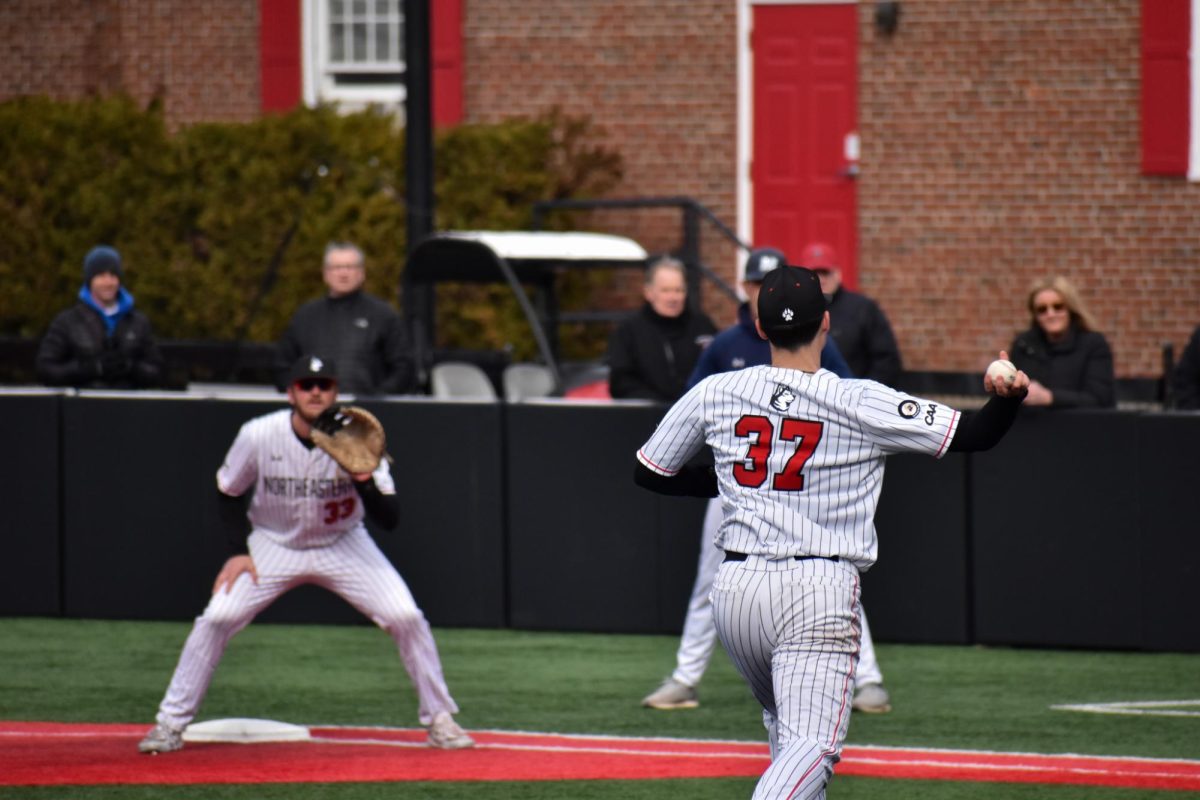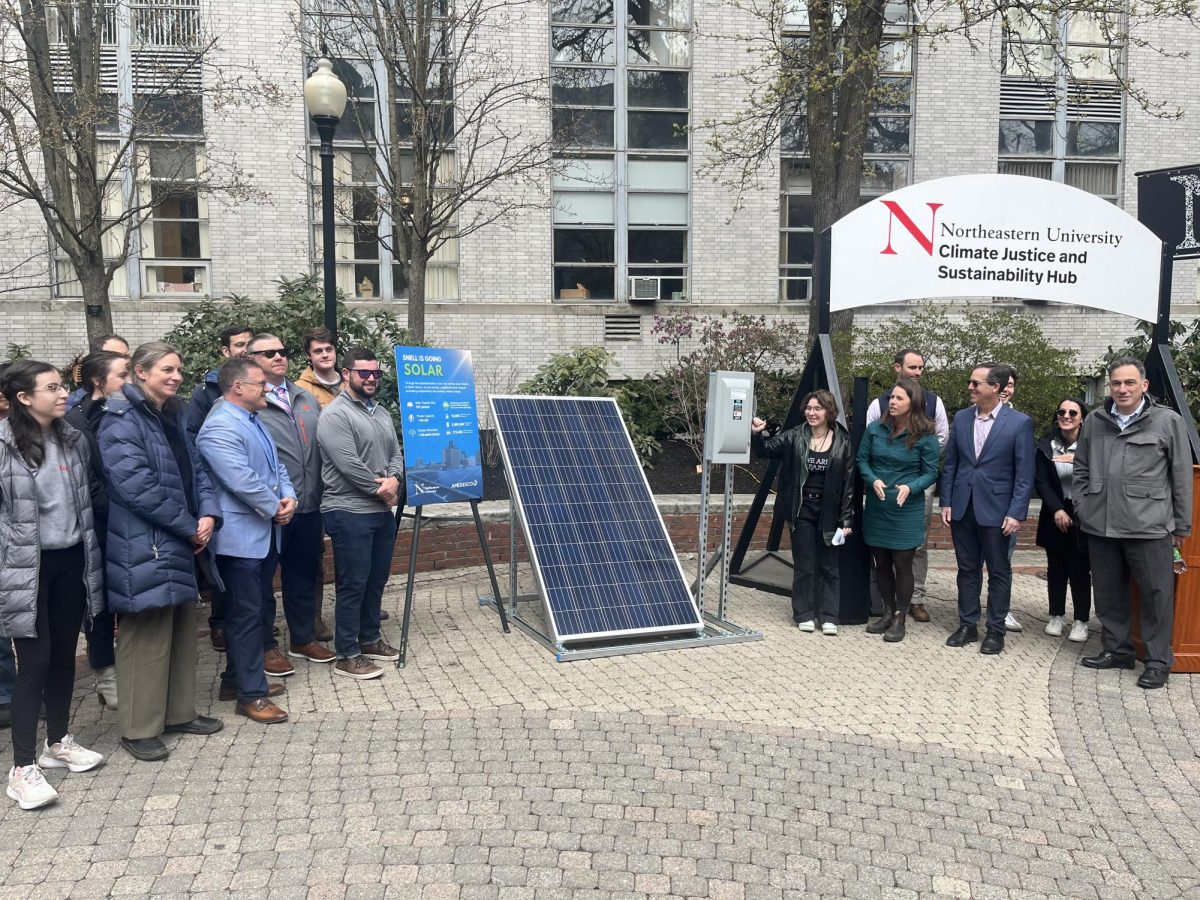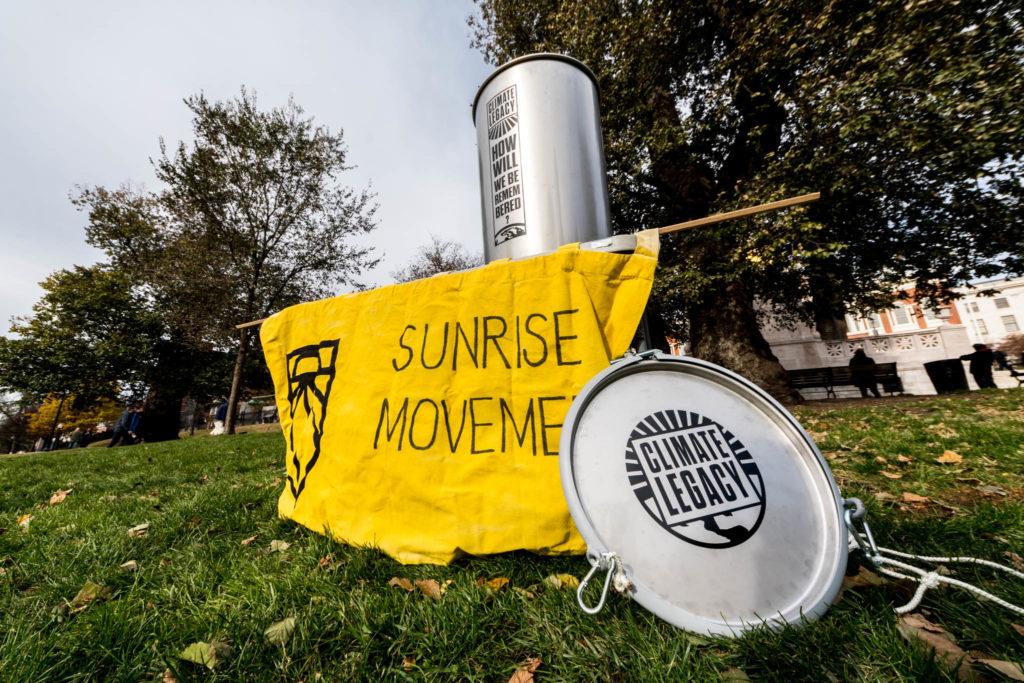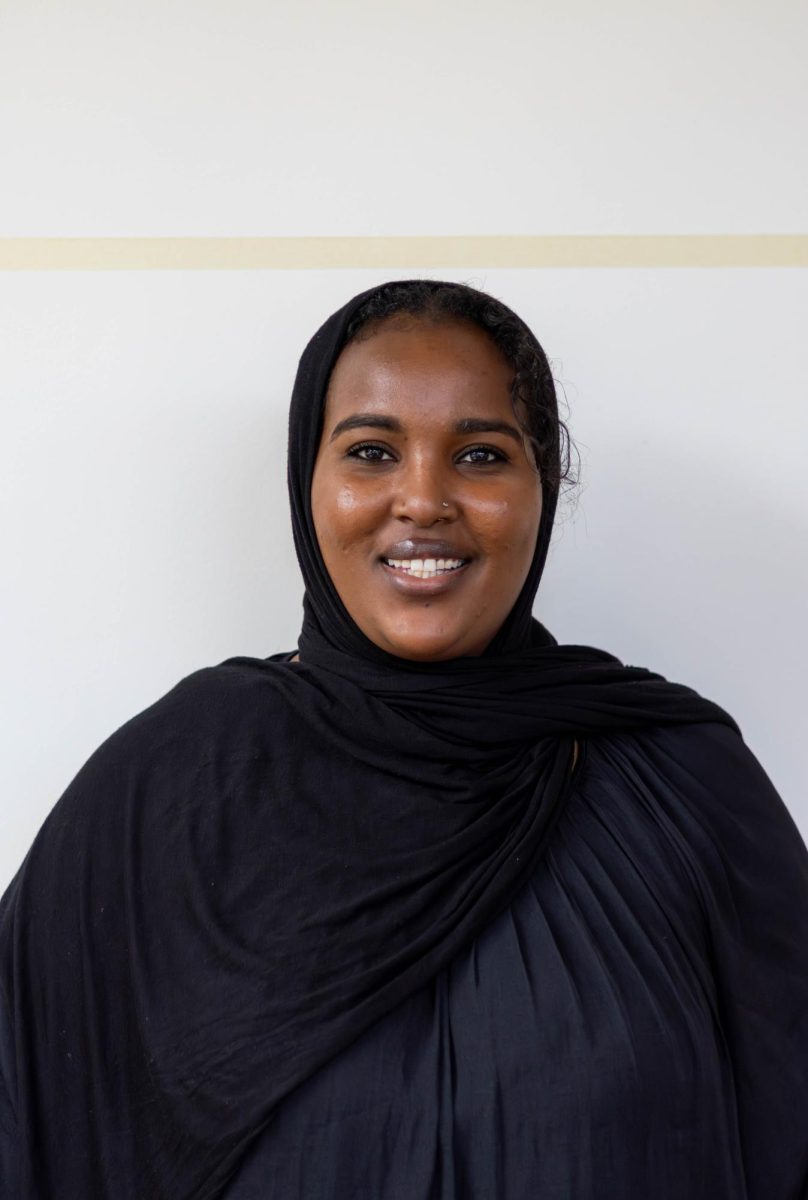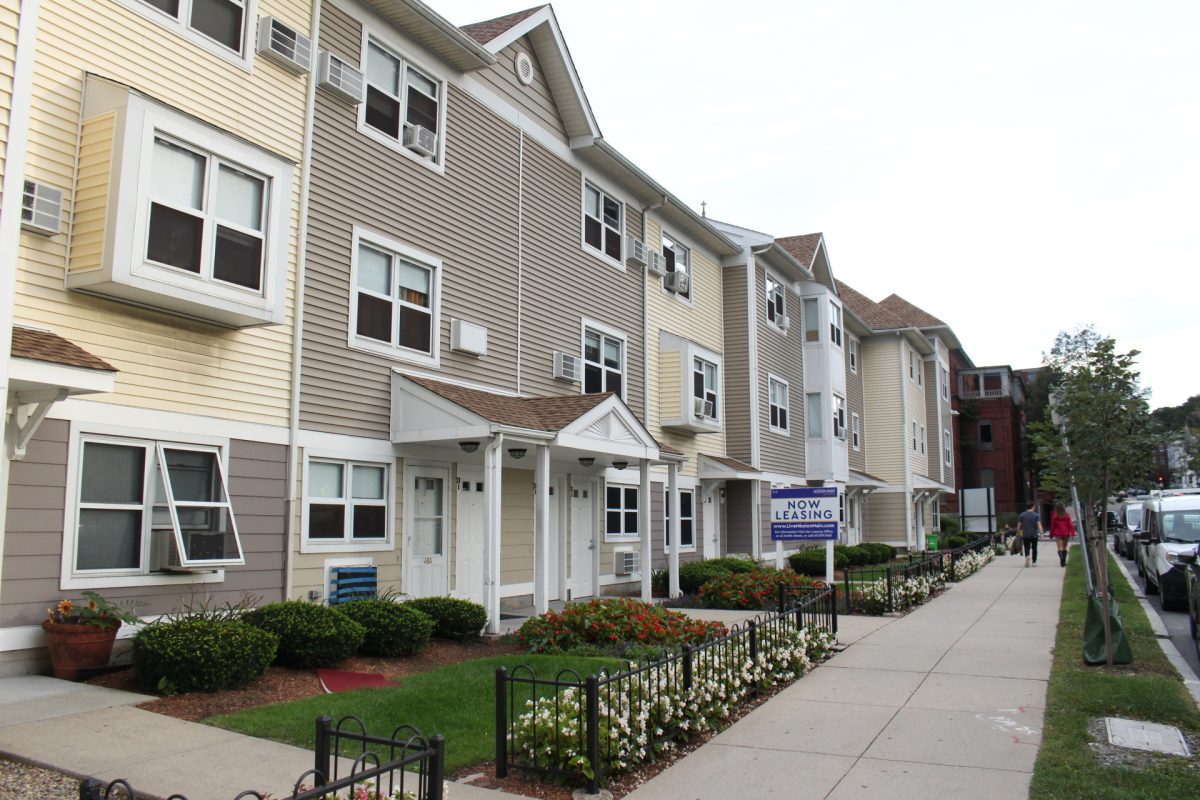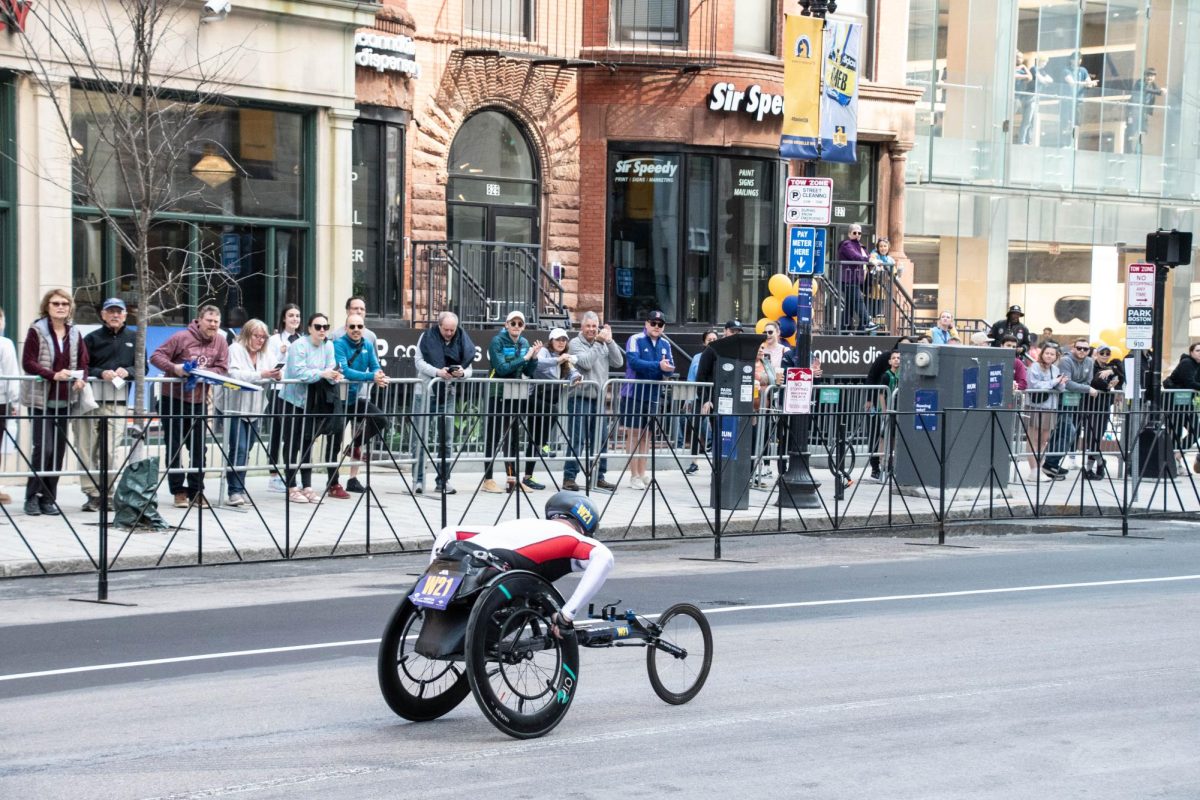By Ysabelle Kempe, news correspondent
A small circle of people gripped bright silver canisters to their chests in Boston Common across from the Massachusetts State House Saturday. Ranging in age, gender and ethnicity, they had all gathered to contribute to the Climate Legacy Time Capsule Project.
The time capsule is a large silver container that participants filled with letters and objects that represent why they want to stop climate change. Volunteers will bury it at the Food Project’s Roxbury Garden, an urban garden on the Dudley Land Trust. The date for the burial has not been set yet. It will be dug up in 50 years, in 2067. The project is sponsored by The Sunrise Movement, a youth-led organization that works to stop climate change, and Mass Power Forward, a statewide climate advocacy coalition.
“A majority of the world wants to tackle climate change right now,” said Bryan Stillwell, a national organizer for Sunrise. “There’s no way around the fact that we’ve locked ourselves into climate change, but we can decide how severe the effects will be.”
He said the time capsule campaign is part of Sunrise’s battle with Massachusetts Gov. Charlie Baker over the additions to fossil fuel infrastructure, such as National Grid’s service expansion in Boston and the Weymouth compressor station.
“We asked Governor Baker to commit to transitioning to banning fossil fuel infrastructure in Massachusetts,” Stillwell said. “We actually invited him to join us and contribute something if he would commit to the halting of fossil fuel infrastructure.”
Baker did not respond to the request. Instead, Sunrise added a letter to the time capsule to record that Baker chose to “stand with Trump,” as Stillwell said, at this pivotal moment in the fight to end climate change.
“When you know that the places and people you love are on the line, it’s devastating when politicians refuse to act,” Stillwell said.
Craig Altemose is the executive director of 350 Massachusetts, a statewide environmental volunteer network that pushes policy change, and said he was also disappointed with the inaction of policy makers.
“I’m just putting a letter in explaining that people are trying really hard and apologizing for failing,” Altemose said, holding up a small slip of paper covered in scrawled handwriting. “To me, it’s incredibly simple and easy. The first thing you should do is stop making the problem worse. It’s such a common-sense policy and it’s confounding we are still having this discussion in 2017.”
Three speakers were invited to present, each reflecting a different time periods in regards to climate change.
Representing the past was Grady McGonigill, 73, founder of Elders Climate Action, an organization whose goal is to mobilize elders to fight climate change.
He said in the dawn of the environmental advocacy movement people were not generally aware of the effects their actions had on the planet.
“This is the first generation feeling the effects of climate change and the last to be able to do anything about it,” McGonigill said. “The picture of Earth from space was the first thing to wake people up to the frailty of the Earth.”
Daniel Abdulah, 16, a senior at Newton South High School, spoke on the present issues surrounding climate change policy. He said politicians and the fossil fuel industry have become dangerously intertwined.
“These moments remind us of what’s at stake,” he said. “We are standing together to say no to greed and division.The biggest barrier to change is our own government. The puppeteers have now become the actors.”
The last speaker was Rayven Frierson, 17, a senior at John D. O’Bryant School of Mathematics and Science in Roxbury, who called listeners to action for the future of the environment.
“Hope is in the time capsule, fear is in the time capsule, despair is in the time capsule, love is in the time capsule,” she said. “We have everything we need to stop climate change right now. We could be 100 percent renewable in 10 years.”
Before placing their objects in the time capsule, participants chanted, “The seas are rising, so are we, Baker, what’s your legacy?” and “It’s time for Mass to drop that oil, coal and gas.”
Those who open the capsule in 2067 will be presented with a variety of objects, from delicate paper daffodils to activist pins.
“Seeing daffodils in the spring is my favorite thing. It reminds you of life and what nature is about,” said Hanna Mogensen, a Terracare employee who lives in Somerville, Massachusetts, on why she chose to add a handmade paper flower to the capsule.
As Altemose looks to the future of climate change, he expresses a mixture of hope and concern.
“We are not using fossil fuels, our economies are more localized, we have trained our people to be resilient to natural disasters, we have figured out ways to create sustainable agriculture,” Altemose said, describing his aspirations for the world in 2067.
Altemose said policy is the key to halting climate change, and hopes the time capsule will prod politicians into action.
“We cannot rely on individual decisions — we need to change policy,” Altemose said. “We didn’t end slavery by convincing every slaveholder to give up their slaves. We did it by changing the laws.”




